Description
Peoples Farm is an outturn from the Murundo Coffee Washing Station (CWS), one of two processing sites the Kivubelt company operates. “PF” in Kivubelt’s nomenclature refers to “People Farm”, another term for smallholder coffee growers and the households they support.
Kivubelt was established in 2011 by Furaha Umwizey, after returning to Rwanda with a master’s degree in economics from Switzerland. Born and raised in Rwanda, Umwizey’s goal with Kivubelt is to create a model coffee plantation, as sustainable in agriculture as it is impactful in local employment and empowerment. The company began with 200 scattered acres of farmland in Gihombo, a community in Rwanda’s coffee- famous Nyamasheke district that runs along the breathtaking central shoreline of Lake Kivu.
Tasting Notes:
A wonderful more delicate Rwanda. We like this one best at the light to medium roast levels. Very sweet, medium bodied, hints of citric and soft fruit comingle with herbal spice and chocolate notes. In the ballpark of a nice Kenyan coffee, but a bit smoother and less extreme. Light roasts accentuate the sweet and fruity aspect but also the more herbal tones of the cup. Medium roasts mute up much of the fruitiness and develop the spice notes to more of a chocolate like note. Right around 2nd crack, the cup turns pretty neutral and chocolaty, into second crack becomes more of a smoky chocolate bomb.
Roasting Notes:
This coffee roasts well from light to dark. Push lighter if you want more fruity acidity; darker if you want roasty chocolate notes. Medium to low chaff, even roasting, can darken up a bit quickly in the roaster so make sure you see the expansion in size if shooting for a lighter roast point. Setup is important especially at lighter roasts. If drank too soon, vegetal tones will dominate, given a couple days to rest before drinking, one gets more floral, caramel, chocolate like tones with a little herbal spice in the aftertaste.
Under Umwizey’s leadership, Kivubelt has planted 90,000 coffee trees on their estates, which now employ more than 400 people during harvest months and is a kind of coffee vocational school for local smallholders interested in improving their farming. Kivubelt has also acquired two washing stations, Murundo and Jarama, which combined not only process coffee from the company’s estates, but also that of more than 500 smallholders in the region, offering quality premiums and training programs for participating farming families.
The Nyamasheke district in Rwanda is gifted in terroir. The cool, humid climates of both Lake Kivu and the Nyungwe Forest National Park keep groundwater abundant throughout the uniquely hilly region. Kivu itself is part of the East African Rift whose consistent drift creates volcanic seepage from the lake’s bottom and enriches the surrounding soils. Coffees from this region are often jammier and heavier than in the rest of the country. Murundo’s coffees in particular are full of complex sugars, currant-like acids, blackberry and spice flavors, and round, soft textures.
Coffee estates like Kivubelt’s are rare in Rwanda, where coffee was originally forced upon remote communities by the Belgians as a colony-funding cash crop. The Belgians distributed varieties cultivated by the French on Ile de Bourbon (now Reunion Island, near Madagascar) but had so little invested in coffee’s success that they immediately allowed to decline through lack of investment in both infrastructure and the farmers who grew it. As a result the sector suffered near total obscurity in the coffee world from Rwanda’s independence in 1962 until the period of rebuilding following the country’s devastating civil war and astonishingly tragic genocide in 1994.
Rwanda’s former cash crop, however, would roar to international buyer attention in the late 2000’s thanks to one of East Africa’s most successful coffee interventions, the Partnership for Enhancing Agriculture in Rwanda Through Linkages (PEARL). PEARL was a sweeping infrastructure and education investment targeting large regions of Rwanda whose coffee was for the most part processed poorly at home and exported with little traceability. The program, designed and led by the University of Michigan, Texas A&M and a host of Rwandan organizations, vastly increased processing hygiene by building washing stations. It also organized remote and under-resourced smallholders into cooperative businesses capable of specialty partnerships. Perhaps most significantly for the long term, it took the legacy bourbon genetics buried in abandon and polished them anew to the amazement of coffee drinkers everywhere. In the decade following PEARL and subsequent investments in the country’s coffee sector, Rwanda, one of the most rapidly modernizing countries on the continent, has built steadily on top of those first coffees, and we as buyers now have an awe-inspiring reference for how snappy, mouth-watering, and kaleidoscopic the bourbon lineage can be. Kivubelt is one example of focused entrepreneurship aimed at a very specific landscape.
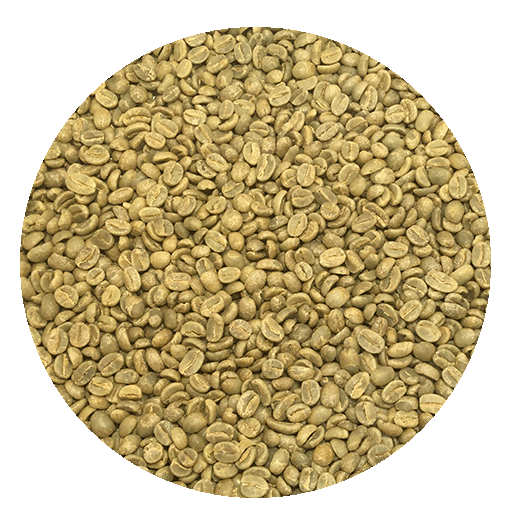
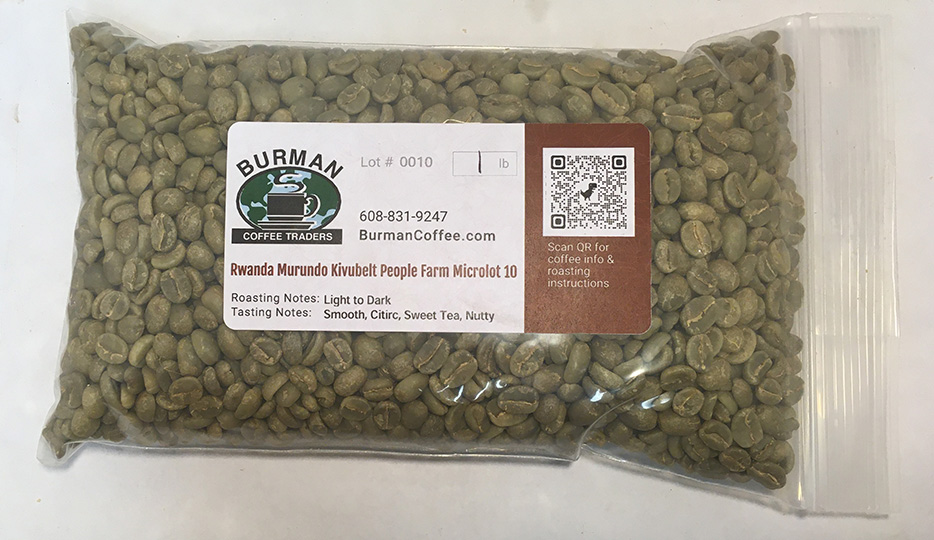
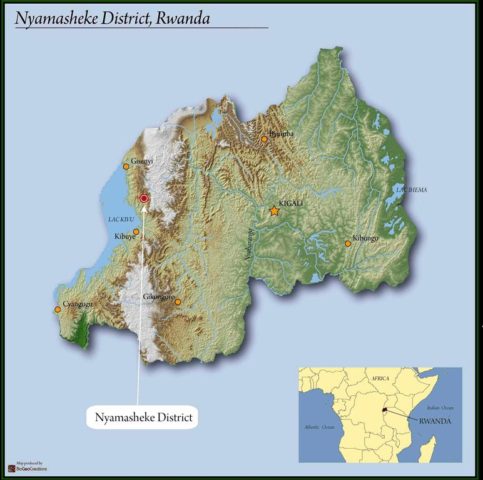
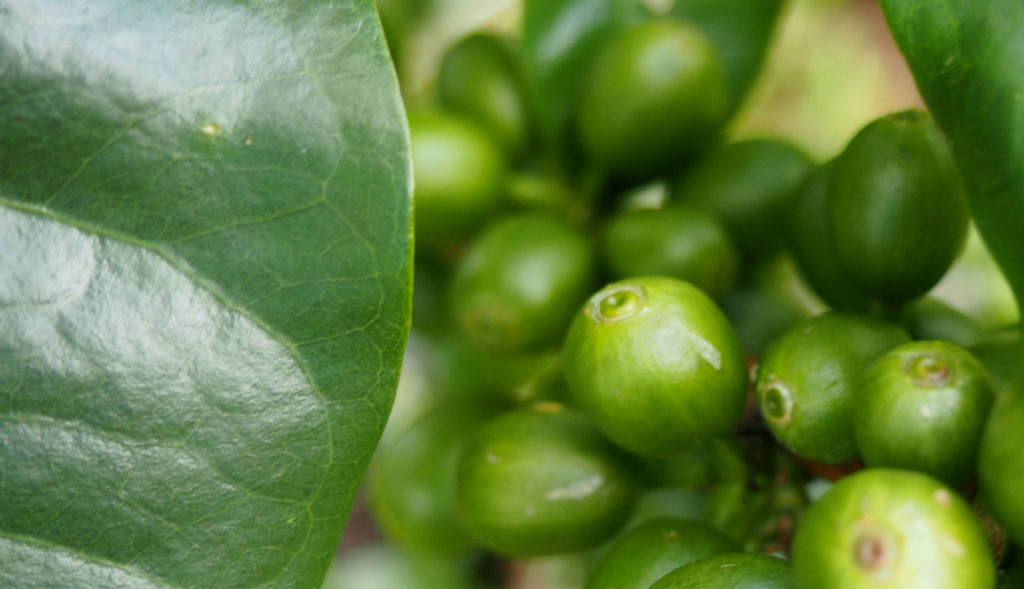
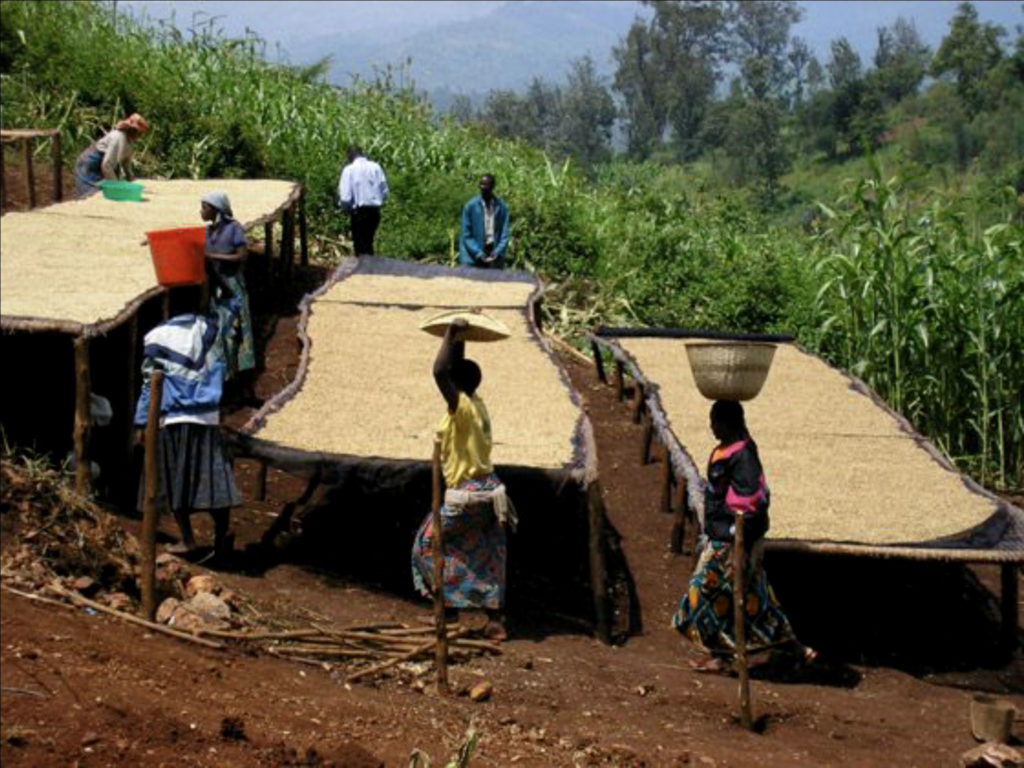
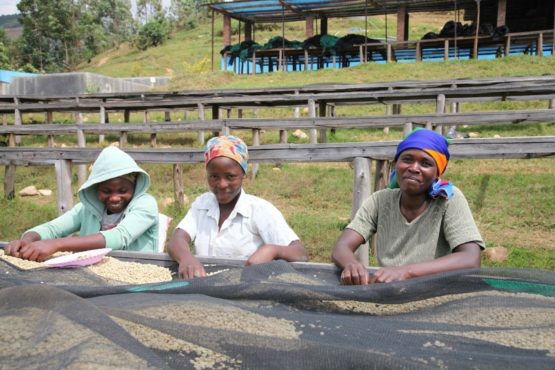
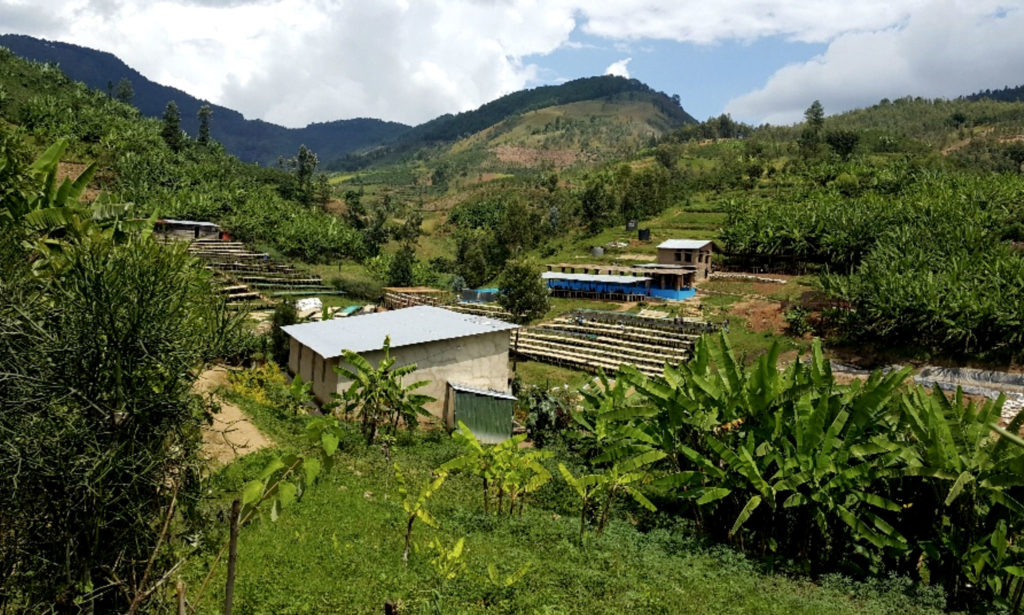

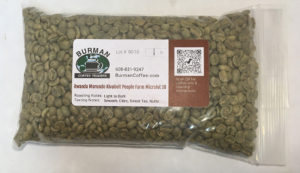
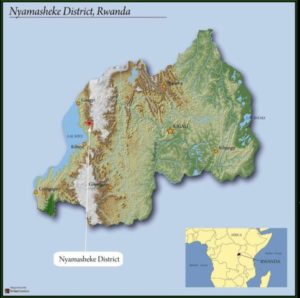
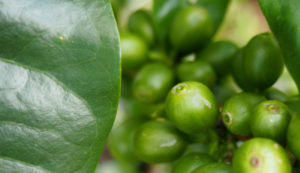
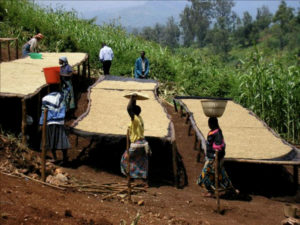
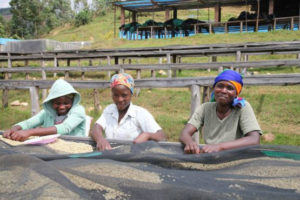
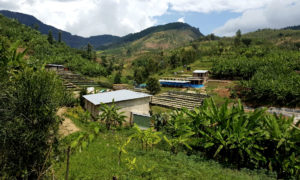
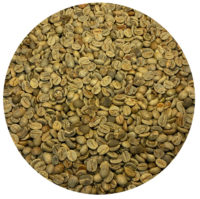

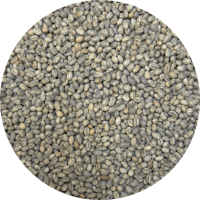


John G Turner (verified owner) –
Very nice cup. I could tell from the aroma from roasting the beans it was going to be good. Roasted dark (just after 2nd crack). Definitely will put this on “buy again” list.
Phil LaPorta (verified owner) –
Great smooth cup of coffee. Agree, the aroma was unreal from roasting. I went past the first crack about half way to the second crack. My guests comments were wow this is a great cup of coffee. I was not acidic. .it was like Kenyon coffees. Kenyons are my favorite. This might be a close second. I will buy this again.